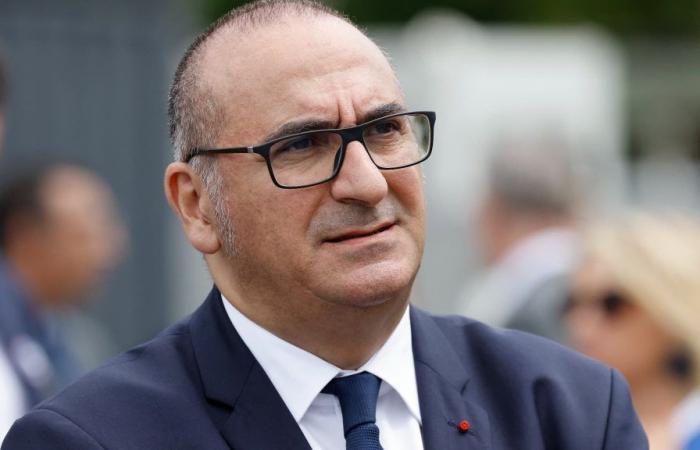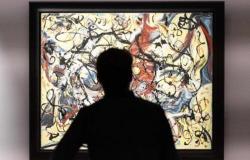
Laurent Nunez, Paris police prefect, said he was in favor of the installation of new surveillance cameras in the Bois de Boulogne, this Thursday, October 17.
“I am not hostile to it, we will obviously work on it.” Guest of BFMTV, Laurent Nunez, Paris police prefect, indicated that he was “discussing with elected officials” in Paris about the possibility of “having a few more cameras” in the Bois de Boulogne, this Thursday, October 17.
This announcement comes following requests from elected officials, particularly the municipal opposition, after the murder of Philippine, a 19-year-old student, on September 20.
Based on an information mission carried out in 2023 by their group Changer Paris, Rachida Dati and David Alphand recommended “the deployment of a video protection camera system”. In Paris, more than 4,000 video surveillance cameras are in place. A number which increased during the Games period.
On September 27, the two elected officials, members of the Parisian municipal opposition, requested an interview with Laurent Nunez in order to discuss the strengthening of “security conditions in the two woods” of the capital.
A reinforced security system
The security system in this sector has been reinforced since the tragedy, Laurent Nunez responded this Thursday. “There are four crews assigned to this sector during the day and two crews from the Bac at night. We also have the Republican Guard present in the woods,” detailed the police prefect.
The prefect also refutes the idea of a drift in security in this sector. “Honestly no, there was this abominable crime, but in this part of Paris, intentional attacks on people’s physical integrity have fallen by 36%.”





